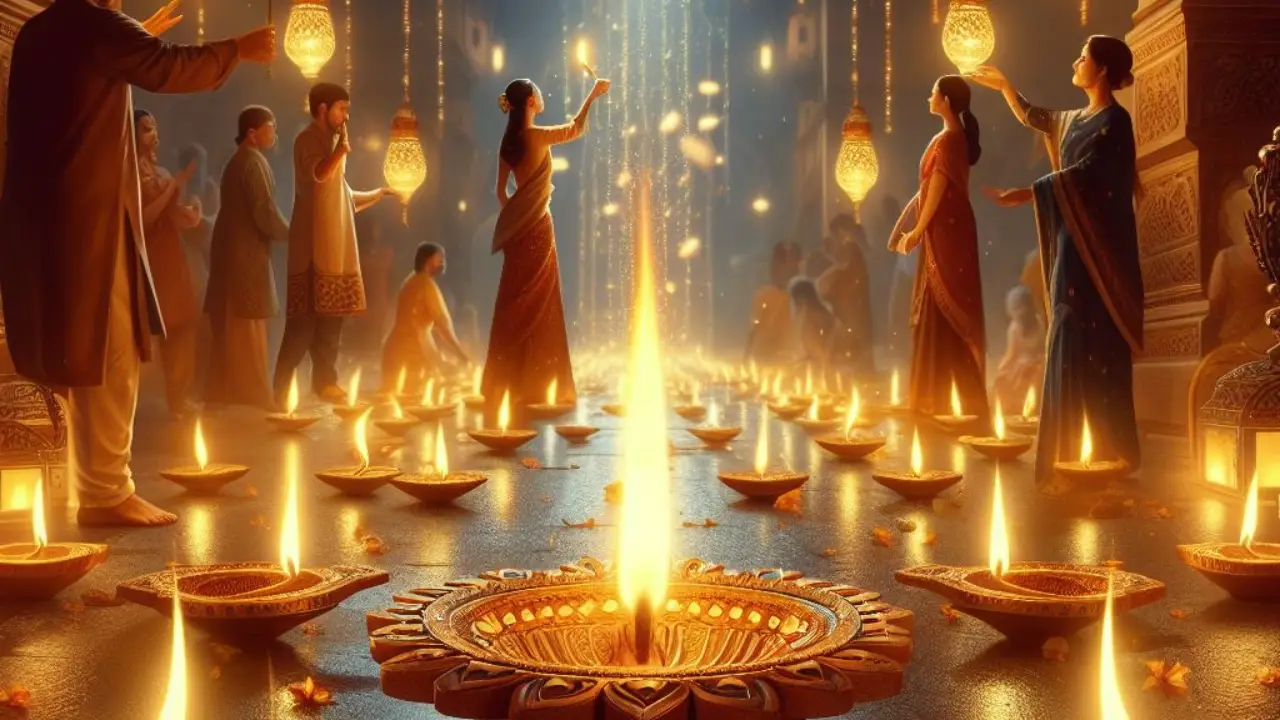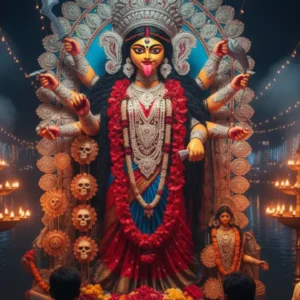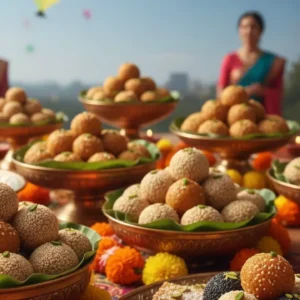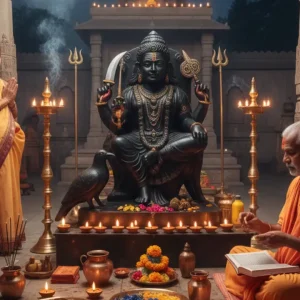Diwali, the Festival of Lights, is a joyous and colorful celebration observed by millions across the world. Beyond its radiant displays of lamps, fireworks, and vibrant festivities, Diwali carries profound scientific and spiritual significance. In this blog post, we’ll delve into the fascinating interplay between science and spirituality that makes Diwali’s lighting rituals so special.
The Origin of Diwali
Diwali, or Deepavali, has roots in Hinduism, Jainism, and Sikhism. It’s celebrated in late October or early November and symbolizes the victory of light over darkness and good over evil. The festival typically spans five days, with each day holding unique rituals and customs.
The Scientific Perspective
The Power of Light: Diwali’s primary theme revolves around illuminating darkness. From a scientific standpoint, light symbolizes knowledge dispelling ignorance and superstition.
Circadian Rhythms: The timing of Diwali is significant. It coincides with the changing seasons, reinforcing the importance of maintaining our biological clocks and sleep patterns, critical for health and well-being.
Fireworks and Air Quality: While fireworks are a breathtaking part of the celebration, they also serve as a reminder of the importance of air quality. Ensuring safe and environmentally friendly fireworks becomes essential.
The Spiritual Perspective
The Victory of Goodness: Diwali commemorates Lord Rama’s return from exile and his victory over the demon king, Ravana. It is a reminder of the triumph of virtue and righteousness.
Inner Light: Diwali encourages us to find our inner light and recognize our divine nature. Lighting lamps symbolizes illuminating our inner selves and embracing our true potential.
Renewal and Forgiveness: It’s a time for inner reflection and seeking forgiveness from those we may have wronged, promoting spiritual growth and harmony.
The Science of Lamps and Candles
Diya Lighting: Traditional earthen lamps, or diyas, symbolize the triumph of light over darkness. The wick represents the ego, the oil the negativity within us, and the fire our consciousness.
Candle Chemistry: Candles, when lit, undergo a chemical reaction that transforms wax into heat and light, highlighting the conversion of matter into energy – a fundamental scientific concept.
The Significance of Rangoli
Art and Geometry: Creating rangoli patterns involves complex geometric shapes. This intricate art form combines mathematical precision with artistic expression, reinforcing the union of art and science.
Welcome Symbol: Rangoli at the entrance of homes is believed to invite Goddess Lakshmi, the deity of wealth and prosperity, emphasizing the connection between visual aesthetics and spiritual beliefs.
Cracking the Code of Fireworks
Chemical Reactions: Fireworks are essentially a visual symphony of chemical reactions. Understanding these reactions connects us to the chemical world that surrounds us.
Sensory Stimulation: The vibrant colors and intense sounds of fireworks evoke powerful sensory experiences, illustrating how they can engage both our scientific and emotional sides.
Light as a Symbol in Different Religions
Christianity: Light is central to the Christian faith, symbolizing Christ as the “Light of the World.” The parallels with Diwali are evident, emphasizing the universality of light as a symbol of hope and salvation.
Judaism: In Judaism, the Menorah is lit during Hanukkah, commemorating the miracle of a single day’s oil lasting eight days. This exemplifies the idea that light can transcend its physical limitations.
Islam: Lamps and lanterns play a significant role in Islamic culture. They symbolize guidance, knowledge, and spiritual awakening.
A Unified Celebration
Diwali is a testament to the harmonious coexistence of science and spirituality. It bridges the gap between reason and faith, reminding us that understanding one does not negate the other. By embracing both perspectives, we gain a richer, more comprehensive view of the world around us.
Diwali is a festival that beautifully melds the realms of science and spirituality. What are your thoughts on this unique blend of knowledge and faith? Share your insights, experiences, or any questions you have about Diwali’s lighting rituals. Let’s continue this enlightening conversation together!





